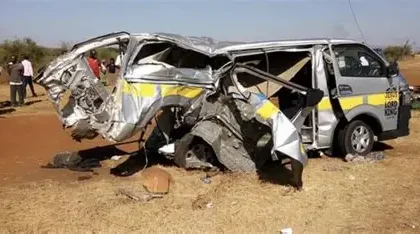Former Kiambu Governor Ferdinand Waititu has failed in his latest attempt to secure freedom. The High Court declined to change his bond terms, which demand a KSh 53 million bank guarantee.
Waititu asked the court to replace the guarantee with a cash deposit. However, Justice Lucy Njuguna rejected the request. She said she had already reviewed the evidence and made her decision. According to the judge, she reached the earlier ruling after carefully considering the documents presented.
“I will not vary those orders. Honestly, I did the best I could based on the material placed before me. You placed material that persuaded me and I was gracious enough to grant those orders,” Justice Njuguna explained.
The judge also reminded Waititu’s legal team that the case involves other accused persons. Some of them remain in custody and had complained that the case was dragging. Therefore, she stressed the importance of focusing on the main appeal.
Strict 120-Day Timeline
“That’s why I gave 120 days, and for the record, the 120 days start from today. It’s on that basis that I said no more fresh applications should be made so that we concentrate on the appeal and get it out of the way,” she added.
The former Kiambu governor faced conviction in February 2025 for failing to safeguard public funds. The court ruled that he took KSh 25 million from Testimony Enterprises through an unlawful tender award.
After the ruling, Waititu had to either pay a fine of KSh 53.5 million or serve a 12-year prison sentence. Justice Njuguna confirmed that her verdict still stands as the appeal process continues.
The court directed the appeal to move forward and reach a conclusion within 120 days. By early 2026, the case will have a final outcome. Until then, Waititu will stay in custody as his legal battle continues.
Also Read:
Rose Njeri shines in TIME100 Next 2025
Kenya Faces Ongoing Battle Against Teenage Pregnancies













